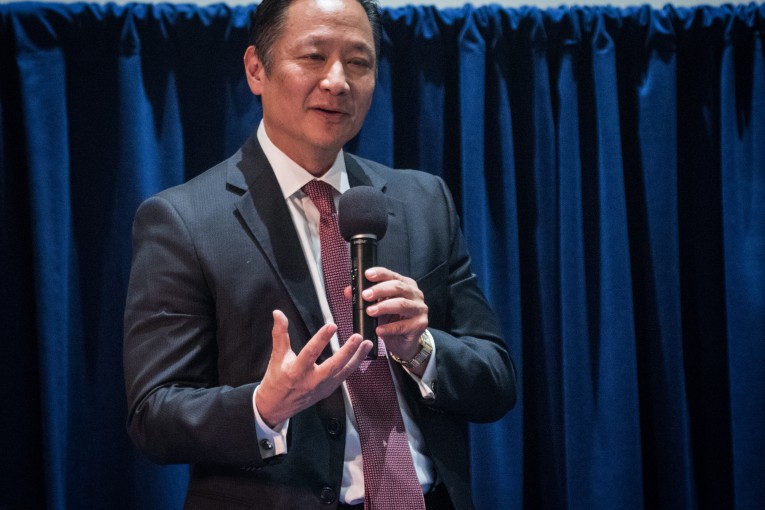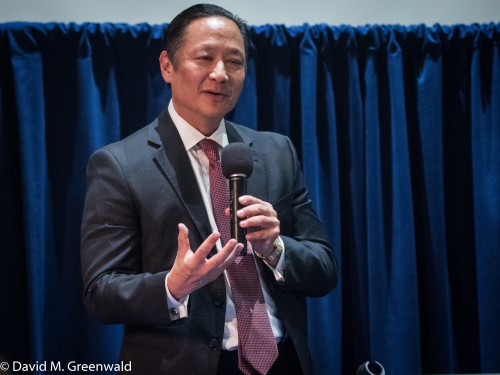

By Jeff Adachi
California’s criminal justice reforms are starting to bear fruit, but the harvest isn’t equally sweet for all San Franciscans.
The City’s felony drug arrests are plummeting at unprecedented speed — 92 percent since the peak in 1988-89, and despite our population growing by 150,000. Racial disparities in those arrests, however, remain sky high. In 2016, felony drug arrests for black San Franciscans were 10 times higher than residents of any other race.
A report by senior research fellow Mike Males of the Center on Juvenile and Criminal Justice and San Jose State University Human Rights Institute professor William Armaline details the decades of unequal justice, noting that “racial patterns in drug arrests still do not match racial patterns in drug use.”
National studies have repeatedly shown blacks and whites using and selling drugs at similar rates. In San Francisco, Males and Armaline tallied 839 fatal overdoses of illicit drugs between 2012 and 2016. Of those deaths, 57 percent were white residents, 25 percent were African American, 10 percent were Latino and 8 percent were Asian.
So why were 42 percent of drug arrestees during this same period black? And now that we’re focused on treatment instead of punishment, why do some people get help while others get handcuffs?
Put simply, African Americans are more likely to be stopped, searched and arrested for drugs. They are less likely to be let off with a warning and more likely to be overcharged by prosecutors. Earlier studies, such as last year’s groundbreaking report by University of Pennsylvania’s Quattrone Center for the Fair Administration of Justice, found black defendants got short shrift at every level of San Francisco’s justice system. They are booked into jail on more serious charges for comparable conduct, held in pretrial custody for 62 percent longer than whites and their cases take 14 percent longer to resolve.
And while biased police practices are a national problem, the racial gap in arrests in San Francisco is an abyss. The report shows it narrowing somewhat — black San Franciscans were 19 times more likely than other races to be arrested for drugs in 2008, rather than 10 times more likely today — but we still have a long way to go, particularly if we dare pride ourselves on liberal values.
The war on drugs has ruined countless lives, devastated black and brown communities and cost taxpayers a fortune. As public defenders, we see the collateral damage every day. We remember the bad old days in San Francisco, when police officers would stage buy-busts to ensnare street-level addicts. We called it the war on crumbs, and it caused only more misery to those who felt most hopeless.
We applaud anything resembling a ceasefire in this calamitous war. We’re grateful public opinion is now firmly on the side of sensible reforms like legalizing marijuana and reclassifying some drug felonies to misdemeanors. But it’s not justice if it benefits some citizens more than others.
San Francisco’s African-American community is small — less than 5 percent of the population — yet it has borne the brunt of mass incarceration, paying with young lives interrupted, futures derailed and families broken. As our state finally shifts away from criminalization, it must help those most affected by our previous mistakes.
Or, as the report concludes, “By investigating racial disparities and uniting local policies with fair practices, San Francisco can invest in the safety and health of its residents.”
Jeff Adachi is the San Francisco Public Defender.
